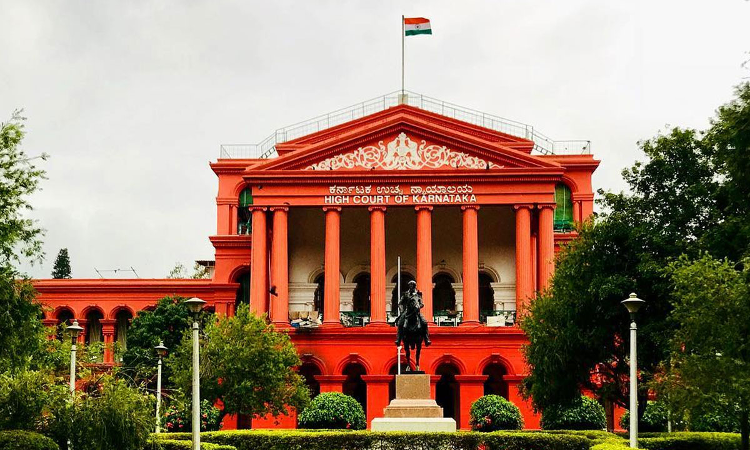Aastha Pareek
The Karnataka High Court has recently ruled that the chanting of the slogan “Bharat Mata Ki Jai” does not constitute hate speech under Section 153A of the Indian Penal Code (IPC), which addresses promoting enmity between different groups. The verdict came in response to Suresha v. State of Karnataka, where the petitioners were accused of inciting communal disharmony during a victory celebration after Prime Minister Narendra Modi’s oath-taking in June 2024.
In this case, the petitioners, residents of Mangalore, raised slogans in support of the Prime Minister and the nation, including “Bharat Mata Ki Jai.” Following this, they were attacked by a group of 25 people. One of the petitioners filed a complaint against the attackers, leading to the registration of Crime No. 80/2024 under various IPC sections, including assault and attempted murder.
The next day, a counter-complaint was filed by P.K. Abdulla, President of the Mohiuddin Jumma Masjid, alleged that the petitioners had threatened to leave the country. This led to Crime No. 81/2024, invoking Section 153A for promoting enmity.
Justice M. Nagaprasanna, presiding over the case, ruled in favor of the petitioners. The court highlighted several important points:
1. Sloganeering Does Not Constitute Hate Speech: The court made it clear that chanting “Bharat Mata Ki Jai” does not fall under the ambit of hate speech. Justice Nagaprasanna observed that the slogan promotes national unity and cannot, by any stretch of the imagination, be considered a slogan that incites hatred between religious groups.
2. Misuse of Section 153A: The court pointed out that Section 153A of the IPC is often misused in cases like this, where counter-complaints are filed as retaliatory measures. The court expressed concern that allowing investigations into such incidents would trivialize the essence of Section 153A, which is meant to address genuine instances of communal discord.
3. Counterblast Allegation: The court observed that the timing and nature of the second complaint, filed by P.K. Abdulla, raised suspicions that it was a counterblast to the petitioners’ original complaint. The court noted that the petitioners had been assaulted and hospitalized, which was verified by police records. In contrast, the second complaint was filed a day later without any immediate provocation.
4. Freedom of Expression: The ruling also touched on the constitutional right to freedom of expression. The court affirmed that chanting patriotic slogans, including “Bharat Mata Ki Jai,” is a legitimate exercise of free speech under Article 19(1)(a) of the Indian Constitution, which guarantees the right to freedom of speech and expression.
5. Judicial Precedents: The court referred to various judicial precedents to support its decision. Notably, it cited the Supreme Court’s ruling in Javed Ahmad Hajam v. State of Maharashtra (2024), which underscored that mere expressions of dissent or national pride do not amount to promoting enmity between groups unless they are specifically intended to provoke violence or hatred
The Karnataka High Court quashed the FIR against the petitioners, stating that slogans celebrating the nation cannot be interpreted as promoting communal enmity. This ruling strengthens the distinction between genuine hate speech and patriotic expressions, ensuring that free speech remains protected within the framework of Indian law.
This decision not only upholds the right to free speech but also sets a precedent for how courts should approach allegations under Section 153A of the IPC. In a diverse democracy like India, where national unity is paramount, this ruling reinforces the idea that expressions of patriotism, including “Bharat Mata Ki Jai,” should be celebrated, not criminalized.
Case Name-: Suresha v. State of Karnataka
Case Number-: Criminal Petition No. 5694 of 2024
Bench-: Justice M. Nagaprasanna

